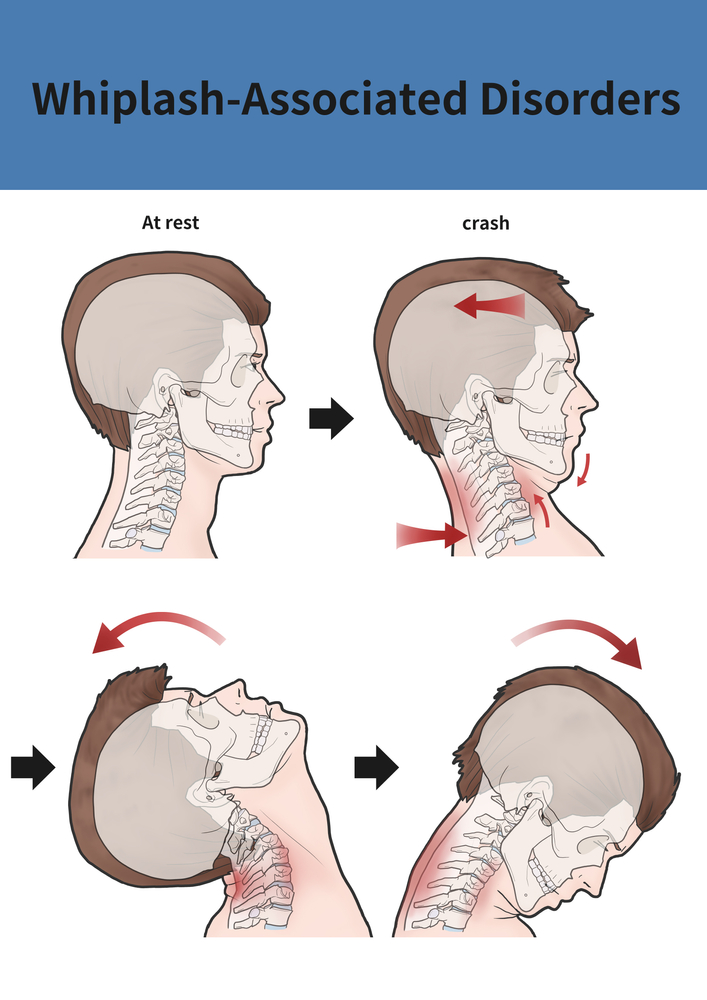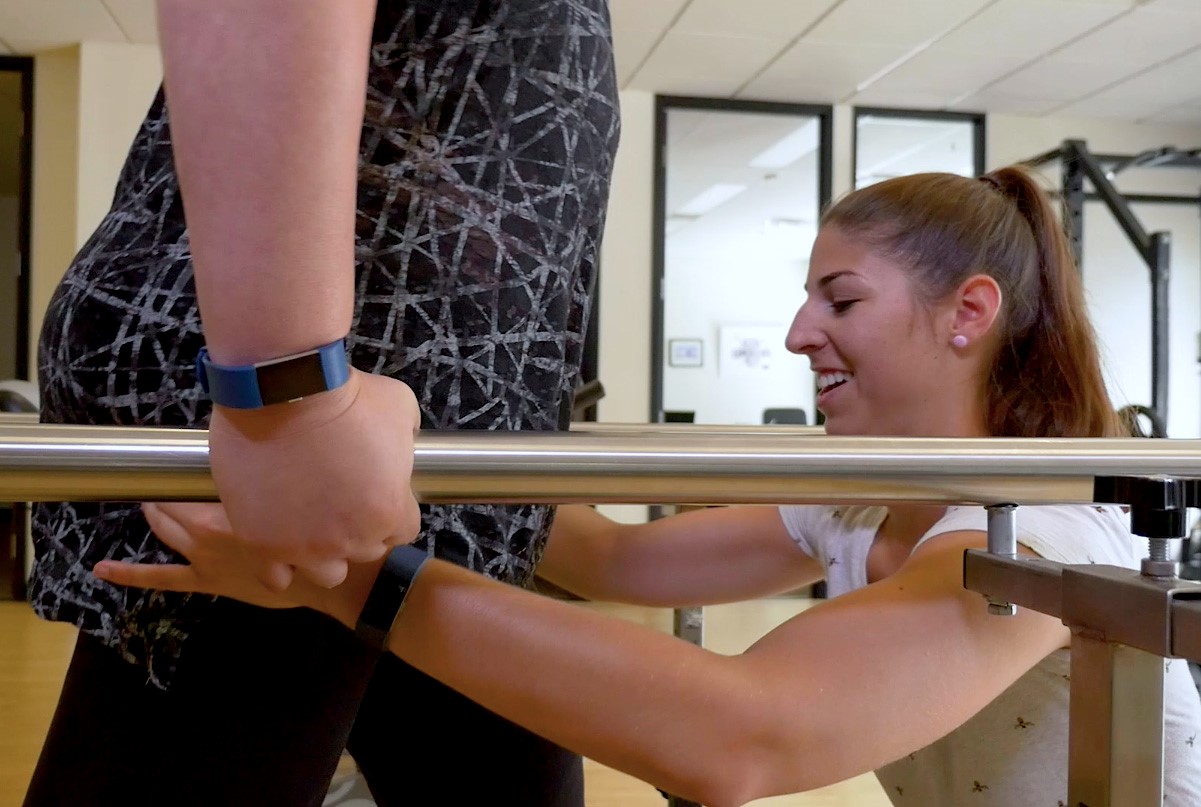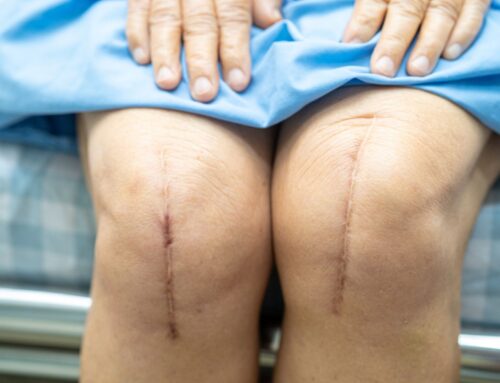Every year, thousands of Canadians suffer from whiplash associated disorders resulting from motor vehicle accidents. These injuries can cause a range of symptoms from pain and stiffness to problems with concentration, anxiety and depression.
Evidence suggests that whiplash treatment can be highly successful with early intervention that includes active exercise, education and manual therapy treatment.
In this article, we will review the classification of whiplash associated disorders in Ontario. In addition, we discuss the structural causes and symptoms of this type of injury, as well as our approach to whiplash treatment at Propel Physiotherapy.
Table of Contents
- What is whiplash?
- Classification of whiplash associated disorder
- Structural causes of whiplash
- Whiplash symptoms
- How long does whiplash usually last?
- What happens is whiplash goes untreated?
- Physiotherapy approach to whiplash treatment
What is Whiplash?
Whiplash associated disorder (WAD) is the term describing a group of symptoms to the neck area that occur as a result of a motor vehicle collision. The term whiplash refers to the mechanism of injury which includes an acceleration/deacceleration force that is transferred to the cervical spine.
Whiplash associated disorder is the most commonly reported clinical presentation by individuals involved in motor vehicle collisions with an annual incidence that has been estimated to be 300 per 100,000 people in North America.[i]
Classification of Whiplash Associated Disorders
It is important to understand the classification of WAD to help guide treatment and symptom management. In 1995 the Quebec Task force developed guidelines to classify and manage WAD symptoms.
- Grade 0: No complaints about neck pain. No physical signs.
- Grade I: Complaint of neck pain, stiffness or tenderness only. No physical signs.
- Grade II: Complaint of neck pain and musculoskeletal signs including decreased range of motion and point tenderness.
- Grade III: Complaint of neck pain, musculoskeletal signs and neurological signs including decreased or absent deep tendon reflexes, muscle weakness and sensory deficits.
- Grade IV: Complaint of neck pain and fracture or dislocation.[ii]
Structural Causes of Whiplash
Whiplash associated disorders describe a range of clinical symptoms following an injury. Symptoms can occur due to injury of many different structures in the neck region including the facet joints, joint capsule, spinal ligaments, nerve roots, intervertebral discs, cartilage, paraspinal muscles and intraarticular meniscus.[iii]
Whiplash Symptoms
Symptoms of whiplash injury are varied and include:
- Pain that can extend from the neck into the head, jaw, upper back, mid back and upper extremities
- Neck stiffness
- Headaches
- Sleep difficulties
- Vestibular problems
- Visual disturbances
- Memory and concentration problems
- Psychological manifestations including fear, anxiety and depression[iv]
Various factors also affect the severity of whiplash symptoms including severity of the impact, previously present neck pain, age and gender.[v]
How Long Does Whiplash Usually Last?
In most cases of WADs recovery varies from several days up to 12 weeks after the injury occurs. However, factors that can affect the prognosis for WADs include severity of injury, comorbidities prior to the injury, age and socioeconomic environment.[vi] Seeking active treatment the first 3 months after injury is critical in preventing ongoing pain and disability.
What Happens if Whiplash Goes Untreated?
Evidence suggests that treatment success is highly dependent on having early physiotherapy intervention that includes active exercise, education and manual therapy treatment.[vii] While therapy may still be beneficial after the 3-month period, often symptoms become more difficult to treat secondary to tissue changes and compensatory movement patterns. Symptoms persisting after this period are termed chronic whiplash.
Physiotherapy Approach to Whiplash Treatment
Management of whiplash injuries will vary depending on the classification of injury as well as any other injuries that have occurred due to the accident. However, implementing an early and active treatment approach has been shown to have a positive impact on pain and disability.[viii]
Physiotherapy treatment includes:
- Education – Education is essential for management of expectations, knowledge of soft tissue healing timelines, encouraging activity and use to avoid chronic symptoms
- Range of motion and Stretching Exercises – Early movement can help to alleviate stiffness and pain
- Strengthening and Postural Exercises – Early strengthening can help prevent muscle wasting and can improve movement patterns to alleviate pain
- Modalities – Use of heat, cold, ultrasound and acupuncture to manage pain
- Manual therapy – Mobilization of joints can help to increase movement
There is strong evidence to support physiotherapy intervention after whiplash injuries.[ix] At Propel Physiotherapy our therapists have the experience and training in WADs to provide a comprehensive assessment to best determine a client’s needs and provide personalized whiplash treatment. Our therapists will work with you to help you get back to pain free living and doing what you love to do.
References
[i] Ghorayeb JH. The nosological classification of whiplash-associated disorder: a narrative review. J Can Chiropr Assoc. 2021 Apr;65(1):76-93. PMID: 34035543; PMCID: PMC8128336.
[iii] Whiplash Associated Disorders, Physiopedia
[iv] Yadla S, Ratliff JK, Harrop JS. Whiplash: diagnosis, treatment, and associated injuries. Curr Rev Musculoskelet Med. 2008 Mar;1(1):65-8. doi: 10.1007/s12178-007-9008-x. PMID: 19468901; PMCID: PMC2684148.
[v] Whiplash Associated Disorders, Physiopedia
[vii] C. Mercer, A. Jackson, A. Moore, Developing clinical guidelines for the physiotherapy management of whiplash associated disorder (WAD), International Journal of Osteopathic Medicine, Volume 10, Issues 2–3, 2007, Pages 50-54, ISSN 1746-0689, https://doi.org/10.1016/j.ijosm.2007.02.003.
[viii] Pastakia K, Kumar S. Acute whiplash associated disorders (WAD). Open Access Emerg Med. 2011 Apr 27;3:29-32. doi: 10.2147/OAEM.S17853. PMID: 27147849; PMCID: PMC4753964.
[ix] C. Mercer, A. Jackson, A. Moore, Developing clinical guidelines for the physiotherapy management of whiplash associated disorder (WAD), International Journal of Osteopathic Medicine, Volume 10, Issues 2–3, 2007, Pages 50-54, ISSN 1746-0689, https://doi.org/10.1016/j.ijosm.2007.02.003.
Written by


















